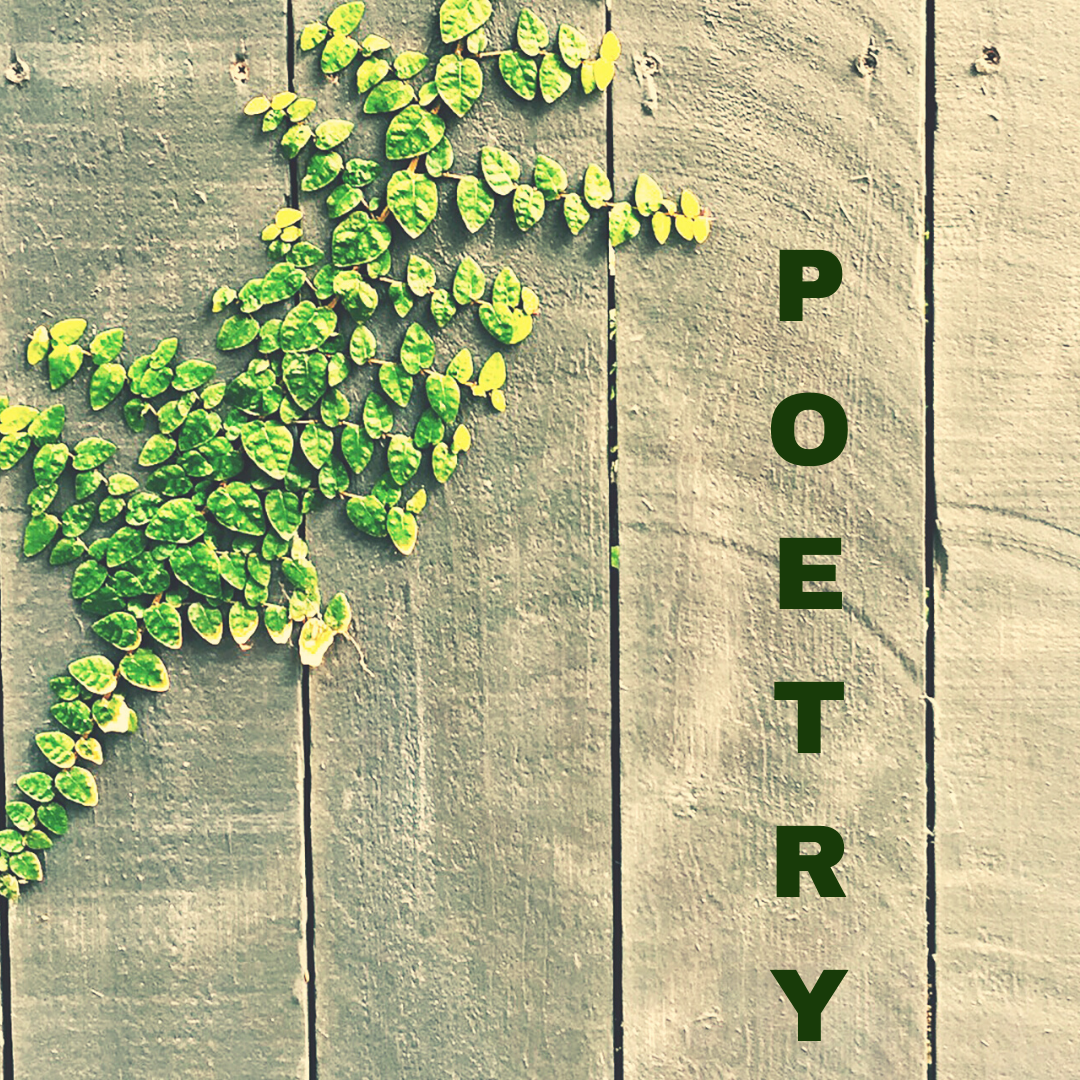Books We Read: Poetry
Poetry: A Challenge?
Many people think they don't like poetry because they think they don't "get it." As it happens, enjoying poetry is easier than your classroom experience may have led you to believe. This guide offers suggested poems as well as secondary readings to deepen your enjoyment and understanding.
- See also the original Books We Read guide, Books We Read Online, and our Books We Read project with blogs posts, resources, and picture of Books We Read events!
Poetry: National Poetry Month
April is National Poetry Month! In celebration, the Books We Read team posted a series on the poetry we enjoy, and why we enjoy poetry in the first place.
-
Poetry Series: What is Poetry, and Why Read It?Read about the "bite-sized morsels that nonetheless have plenty to chew on."
-
Pure Heart: Context in PoetryWhat happens when texts are stripped and taken out of context?
-
How to Read a PoemIt’s actually not that hard: find one and start reading! If you're still intimidated, check out this post for a beginner's guide to appreciating verse.
-
Poetry at a Job Interview?What can poetry do for you at your next job interview? Other than inspiring, it improves your vocabulary, helps understand and reflect, and it's fun!
-
Science and PoetryA post about the intersections of poetry and science from the Chang Science Library.
Poetry: Speaking to Everyone
Neil Gaiman's The Day the Saucers Came translated into American Sign Language.
Poetry: Definitions
Poetry is most easily defined as a work of language that calls attention to its qualities as language, not just the information it conveys. The qualities of language that poems call attention to often have to do with the sound of words and phrases (like rhyme and rhythm), as well as the capacity of words to call up vivid images or to make comparisons (metaphor and simile). Perhaps this accounts for why poetry can seem so obtuse and confusing sometimes: some poems are deliberately hard to translate into a coherent message or "normal" language so as to force the reader/listener to approach the language in a different way, to enjoy the sound of the words and the associations they call up for their own sake.
Related to this occasional difficulty of poetic language, I believe that one of the main reasons that people don't like poetry is that they think they aren't appreciating it "correctly." That's probably because most people's exposure to poetry is in the classroom, and so reading a poem makes them feel like they're back in the classroom, being evaluated on how well they "get it." I think it's that feeling that a lot of people have at art museums (or at least I have it at art museums sometimes): feeling like the thing you're looking at should be speaking to you in some way, but it's not, so you wind up feeling not just bored but also inadequate somehow. You stroke your chin and try to look like you're having a good time, all the while wondering how long you're supposed to stare at this weird picture before it's acceptable to move on. Read more...
--Nick Allred, Graduate Specialist
Poetry: Glossary
-
Glossary of Poetic Terms247 terms in alphabetical order from the Poetry Foundation. Browse or filter by first letter.
-
A Glossary of Poetical TermsA comprehensive glossary from Strachan, J., & Terry, R. (2011). Poetry (2nd ed.). Edinburgh University Press. (pp. 201-227) [Rutgers-restricted].
Poetry: A History
-
A Little History of Poetry by John Carey
ISBN: 0300232225Publication Date: 2020-04-21What is poetry? If music is sound organized in a particular way, poetry is a way of organizing language. [...] John Carey tells the stories behind the world's greatest poems, from the oldest surviving one written nearly four thousand years ago to those being written today. Carey looks at poets whose works shape our views of the world, such as Dante, Chaucer, Shakespeare, Whitman, and Yeats. He also looks at more recent poets, like Derek Walcott, Marianne Moore, and Maya Angelou.
- Last Updated: Nov 5, 2025 1:36 PM
- URL: https://libguides.rutgers.edu/BWRpoetry
- Print Page

